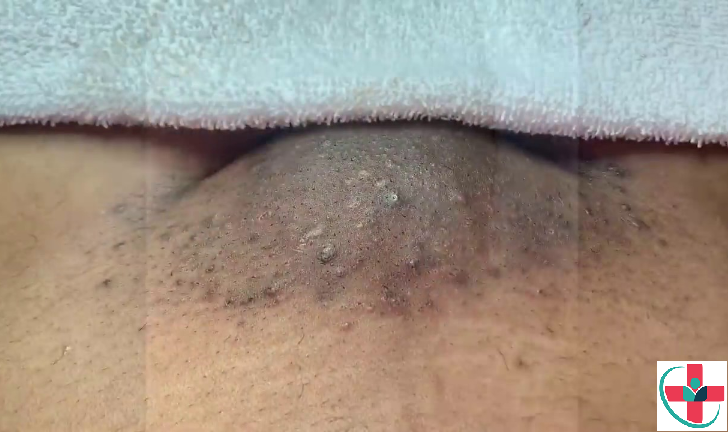A health danger - Be aware of the following:

➛Warts you can see can be treated. But the virus never goes away.
➛Home treatments do not cure warts.
➛If you have genital warts, you may have the HPV infection. Over time, this virus can lead to cancer in both men and women.
➛A baby can get genital warts from an infected mother during birth.
Know the risks, here are the facts:
➠Having many sex partners puts you at risk of getting genital warts.
➠Having sex without a condom makes it easier to get warts. However, you can still catch HPV even when using a condom.
➠The best way to avoid this disease is to not have sex.
➠If you have sex, be sure you and your partner are tested. Then use latex condoms.
➠If you or your partner has this disease, get treatment for all warts you can see. Don’t have sex during treatment. After warts have been treated, use latex condoms.
How can you care for yourself at home?
If your doctor gave you medicine to treat your warts at home, use the medicine exactly as prescribed. Call your doctor or nurse call line if you think you are having a problem with your medicine.
To reduce the itching and irritation from genital warts:
➤Take warm baths or wash the area with warm water 3 or 4 times a day.
➤Keep warts clean and dry in between baths. You may want to let the sores air dry. This may feel better than a towel.
➤Do not use over-the-counter wart removal products to treat genital warts. These products are not intended for the genital area and may cause severe burns or irritation.
To prevent the spread of genital warts
➧ Be sure to use a latex condom every time you have sex. You can infect someone even if you do not have a noticeable wart.
➧ Having one sex partner (who does not have STIs and does not have sex with anyone else) is a good way to avoid STIs. Not having sex is the best way to prevent any STI.
➧ Wash your hands if you touch warts.
➧ Talk to your sex partner or partners about genital warts.
To protect yourself
You should never feel pressured to have sex. It's okay to say "no" anytime you want to stop.
It's important to feel safe with your sex partner and with the activities you are doing together. If you don't feel safe, talk with an adult you trust.
Talk to your partner - It may be hard to talk about this with your partner. But it can help keep you and your partner safe. Ask yourself and your partner these questions:
Have you ever had sex with anyone without using a condom?
Have you ever had genital warts?
Have you ever had a sexually transmitted disease?
Did you or your partner answer “yes” to either of these questions? If so, you should both get tested.
Latex condoms may help - Warts can form in places a condom doesn’t cover. This means condoms can’t totally protect you. But they can help.
Use latex male condoms or female condoms.
Keep latex condoms on hand. Store them in a cool place. Don’t keep them in your wallet or car.
If you use a lubricant, make sure it’s water-based. Astroglide and K-Y jelly are water-based. Don’t use petroleum jelly, oils, or hand creams. These can make the condom break.
A vaccine is available that helps protect against HPV, the virus that causes genital warts. It is recommended for both males and females. Your healthcare provider can tell you more.
